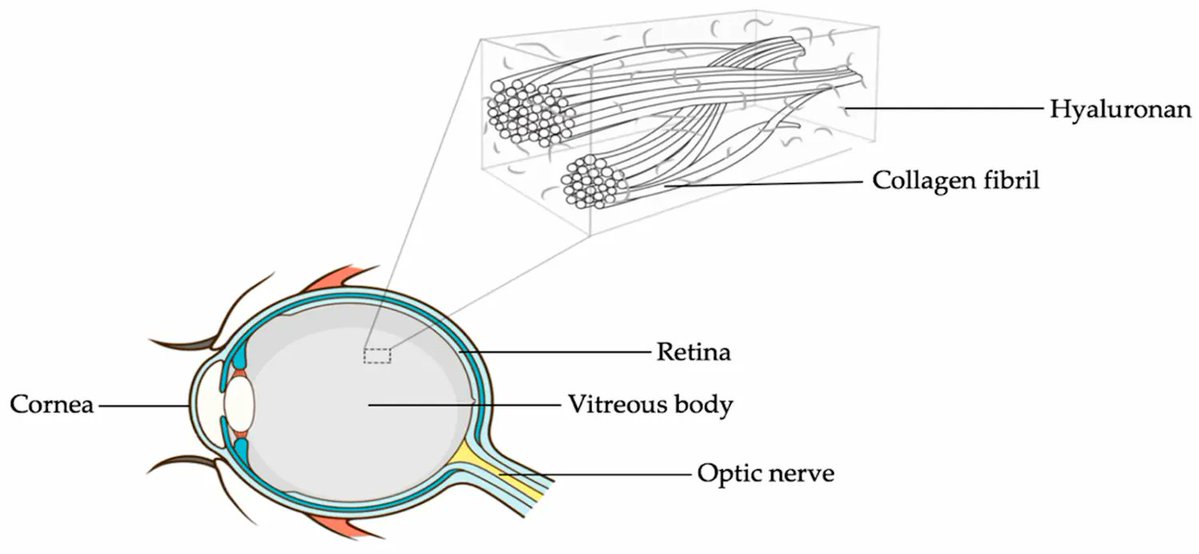
Biomolecular Engineer. Helping people virtually worldwide with a personalized approach. Book a free call here to work with us: https://t.co/zanpmphTQB
68 subscribers
How to get URL link on X (Twitter) App


 This first study came out in 2004 in JAMA.
This first study came out in 2004 in JAMA.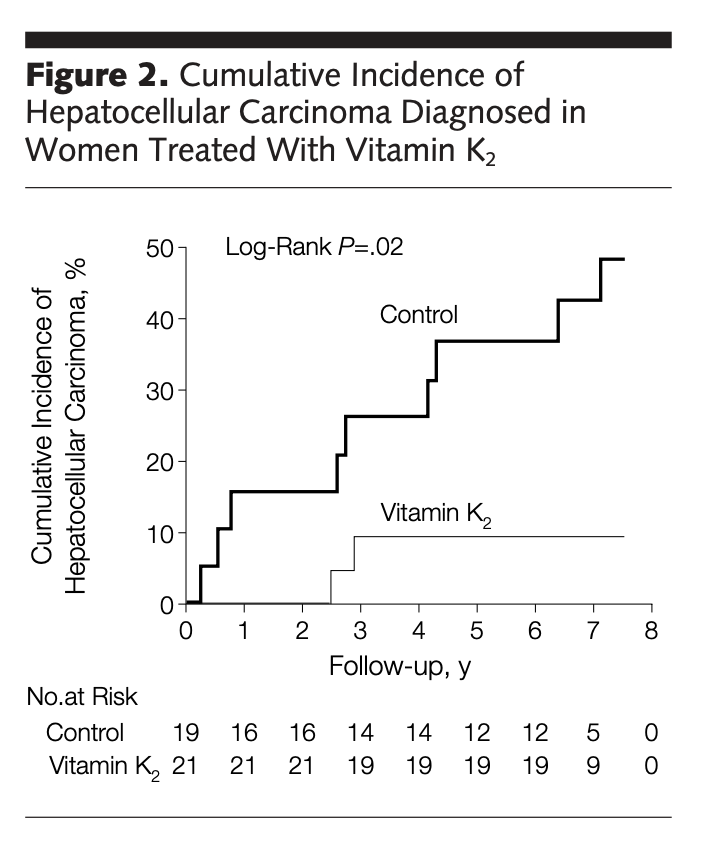
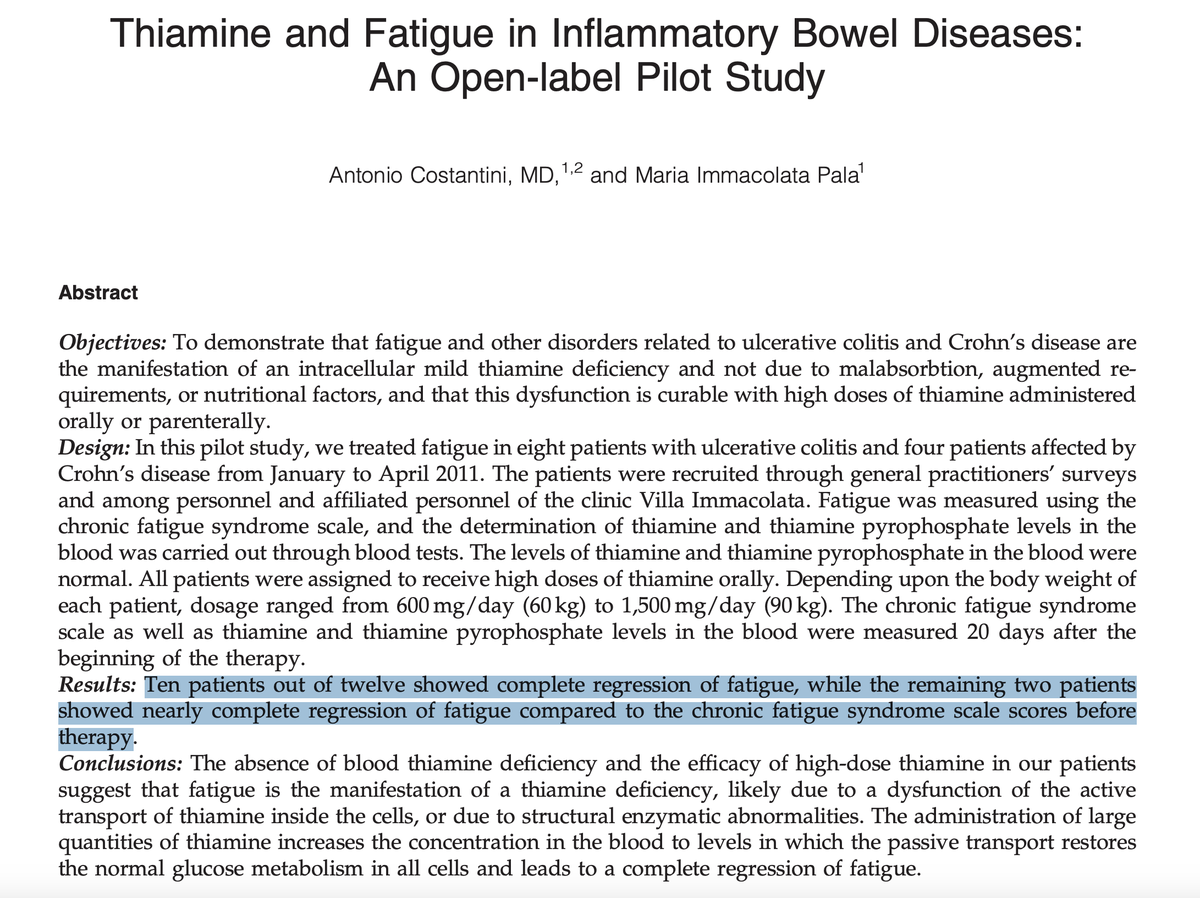
 This first study was a small pilot study conducted about a decade ago.
This first study was a small pilot study conducted about a decade ago.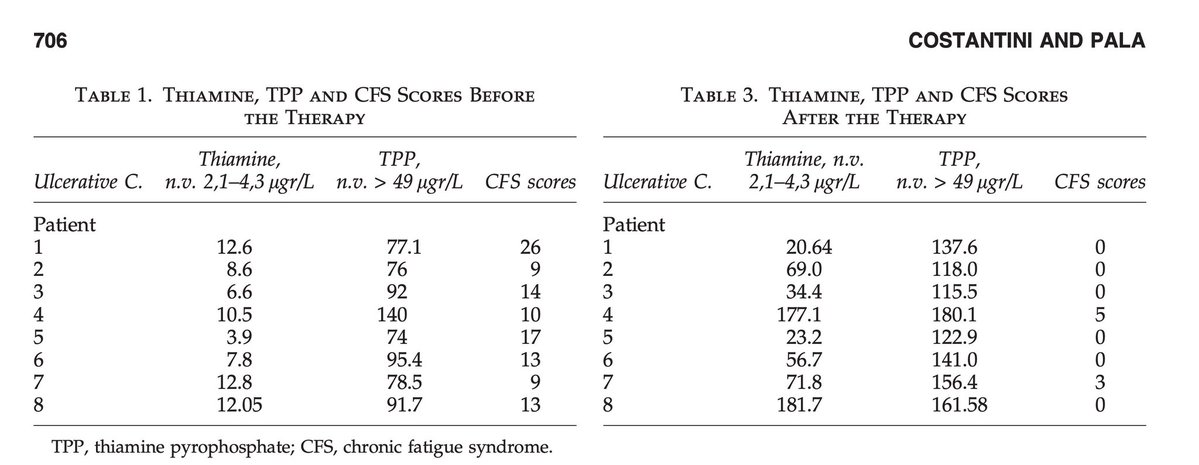

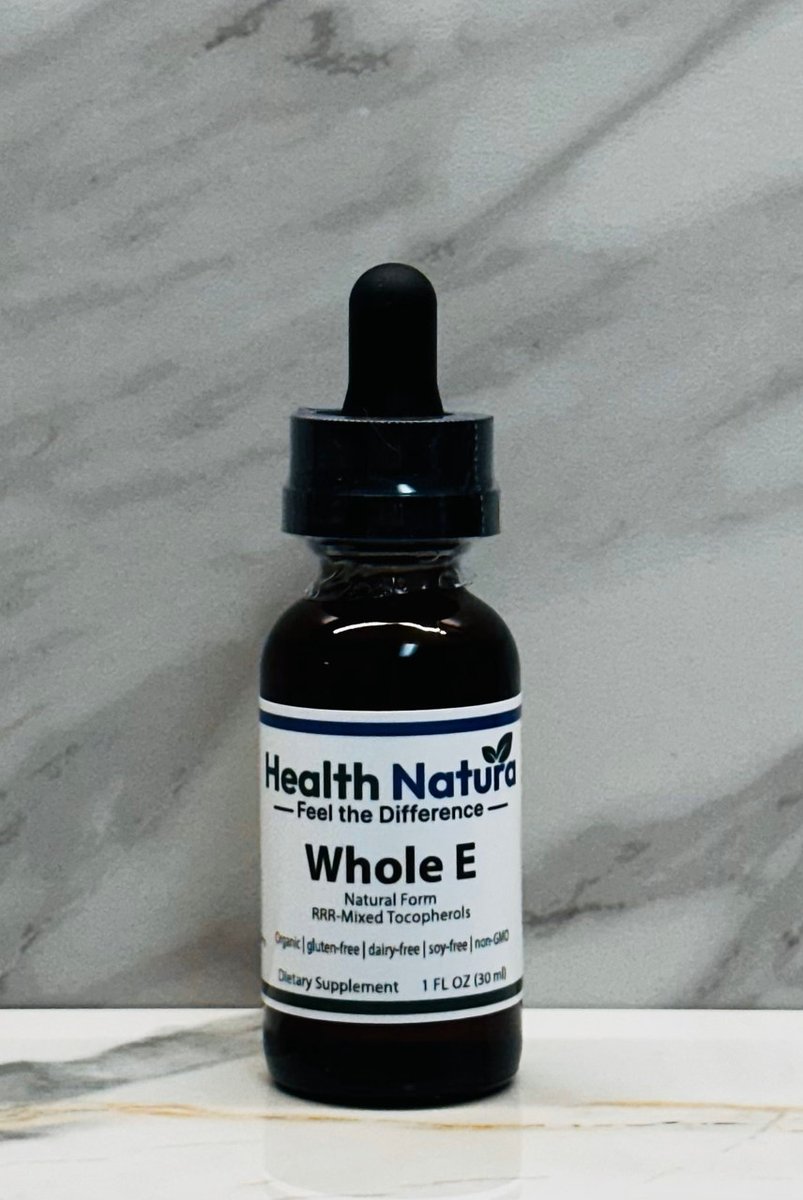
 Vitamin E does a few things that make it so powerful:
Vitamin E does a few things that make it so powerful: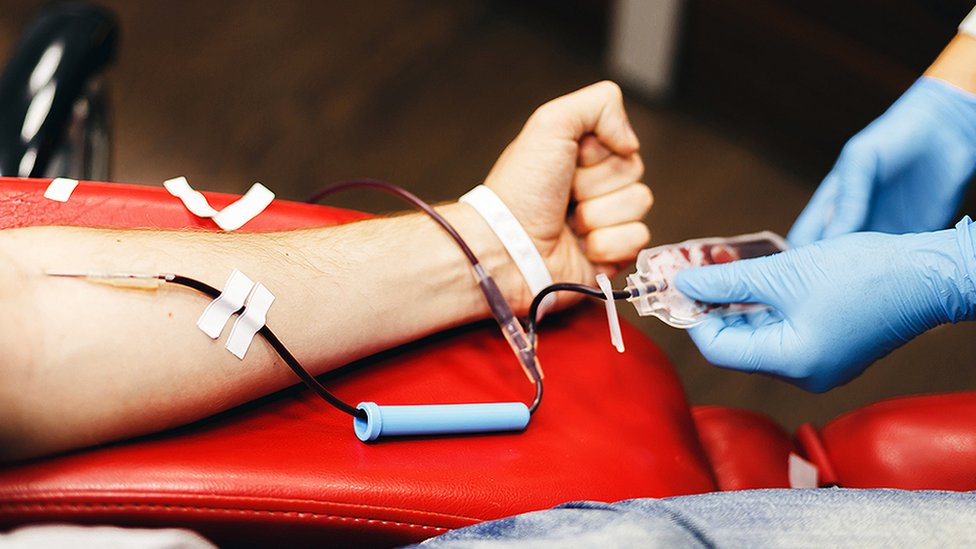
 This study was published in 2024, investigating the effects of iron chelation on age related parameters.
This study was published in 2024, investigating the effects of iron chelation on age related parameters.
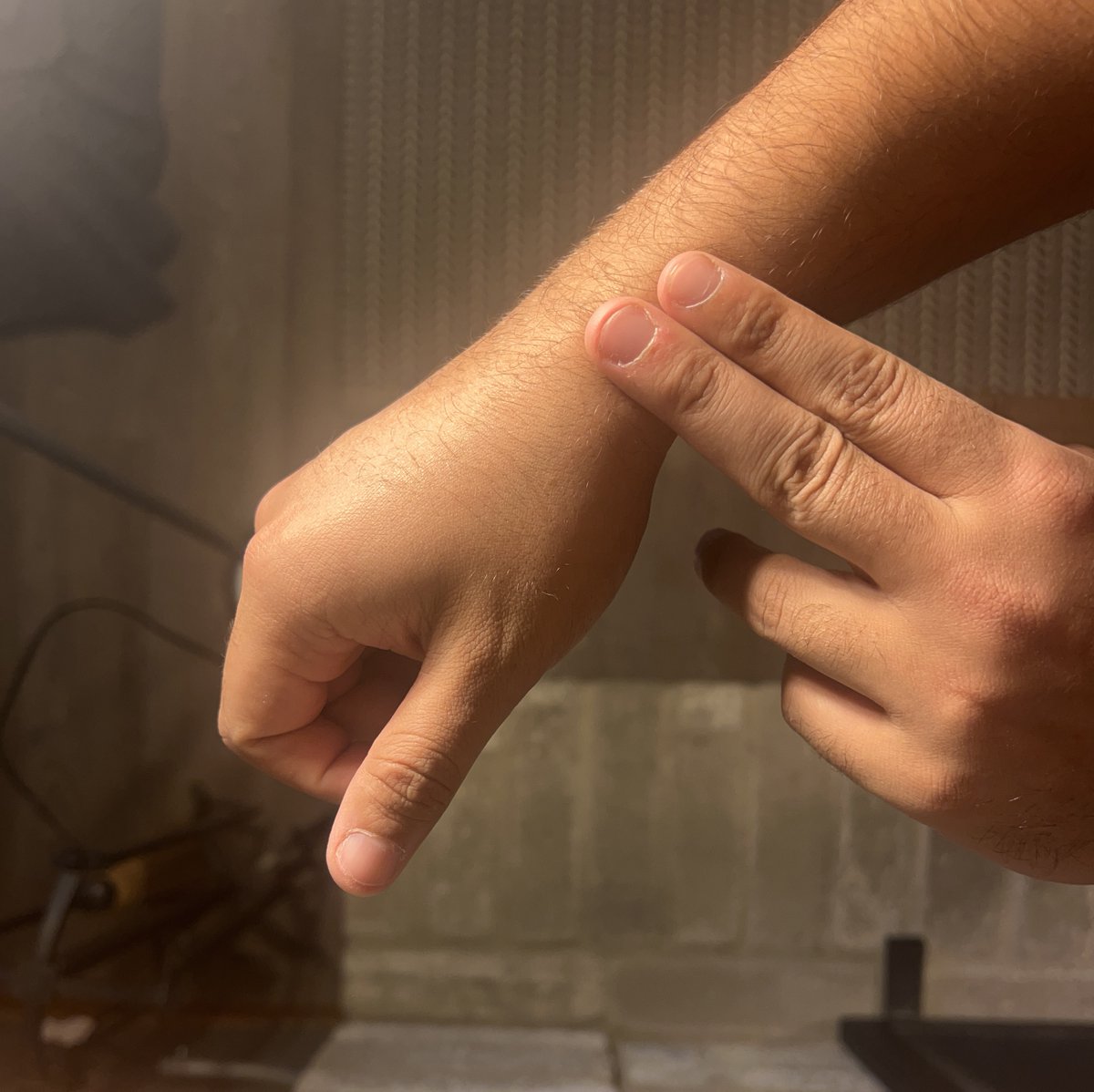
 What you are feeling is your radial artery in your wrist area.
What you are feeling is your radial artery in your wrist area.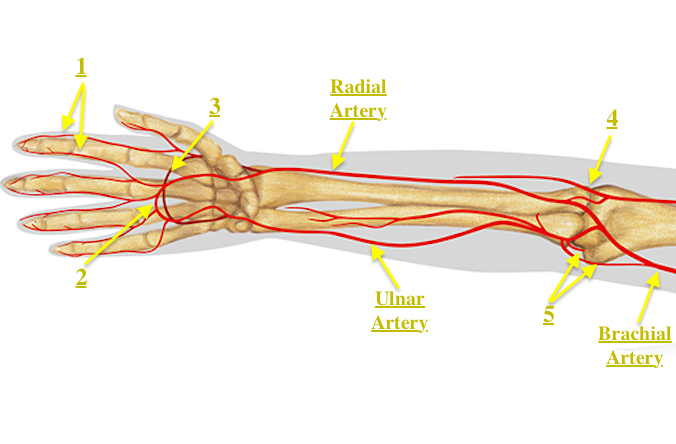

https://x.com/Outdoctrination/status/1988009439228502109

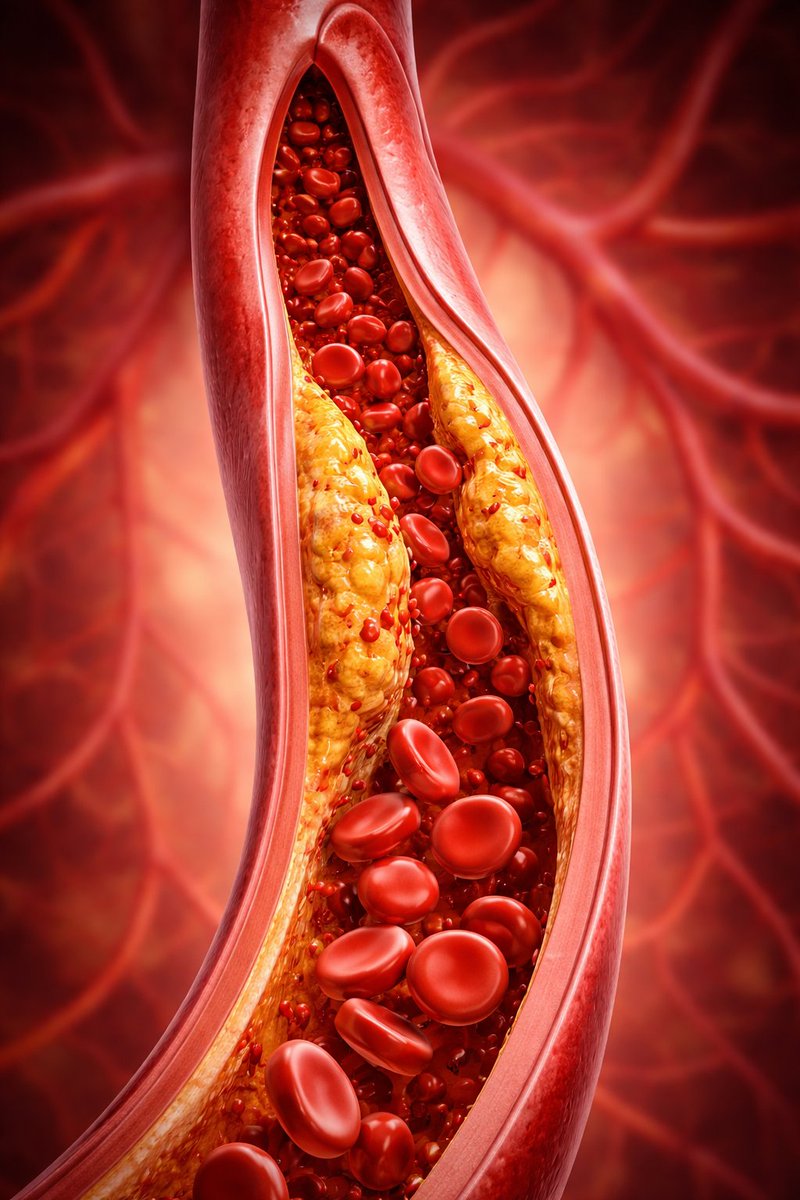 This study was published in 2019, examining people with diabetes with plaque in the coronary artery.
This study was published in 2019, examining people with diabetes with plaque in the coronary artery.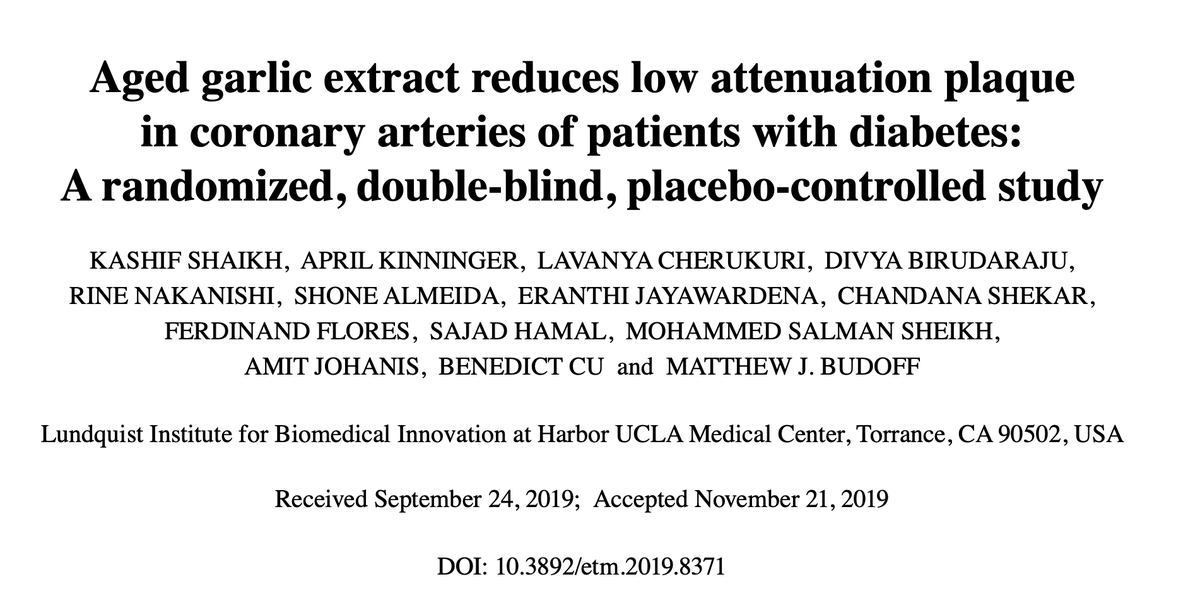

 Animals were put into 6 groups - either getting aluminum or NAC or both.
Animals were put into 6 groups - either getting aluminum or NAC or both.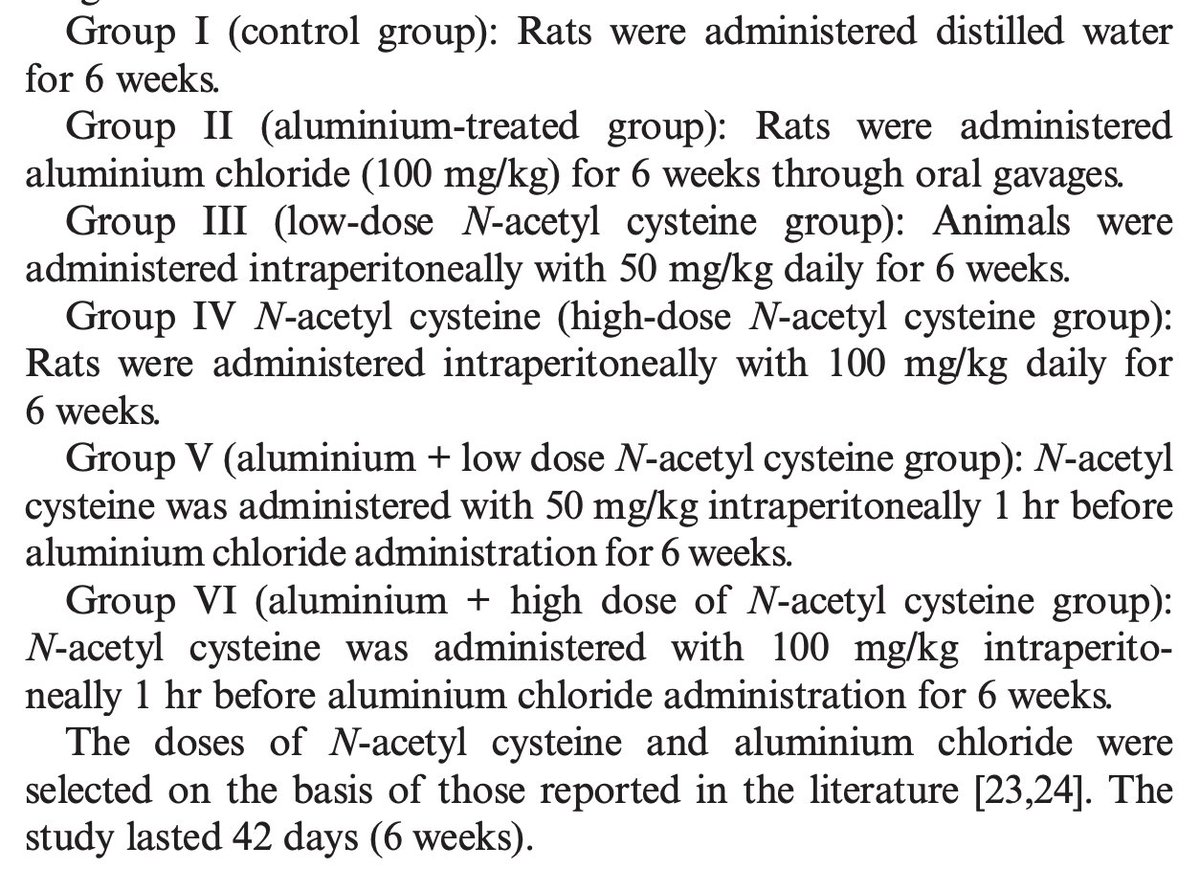
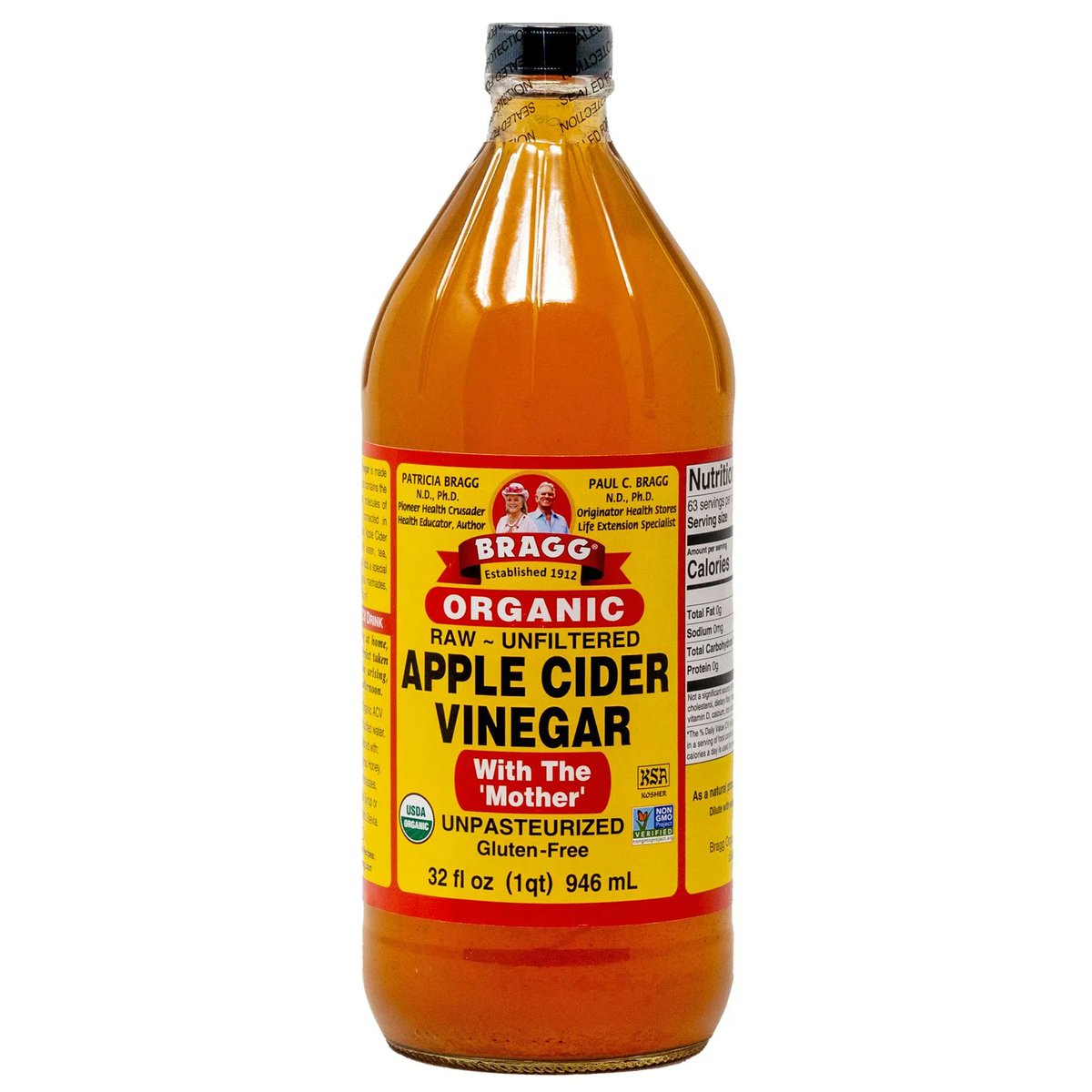
 This first paper is a review article from 2017.
This first paper is a review article from 2017.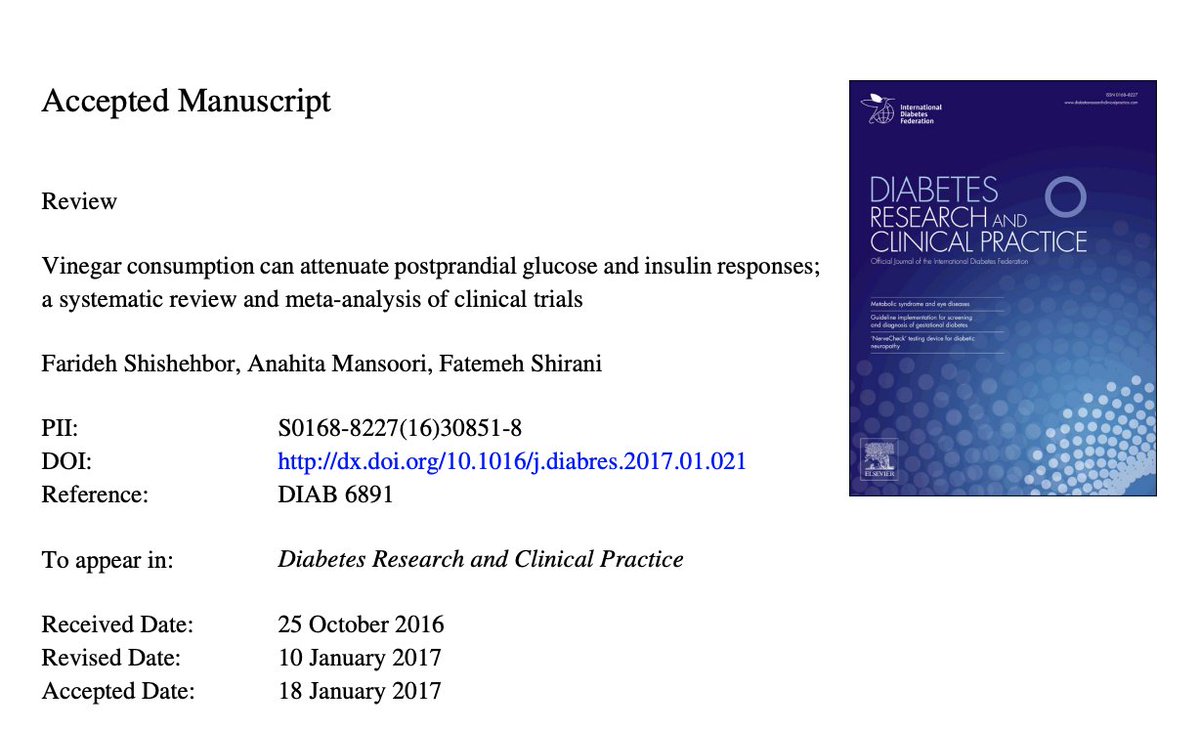
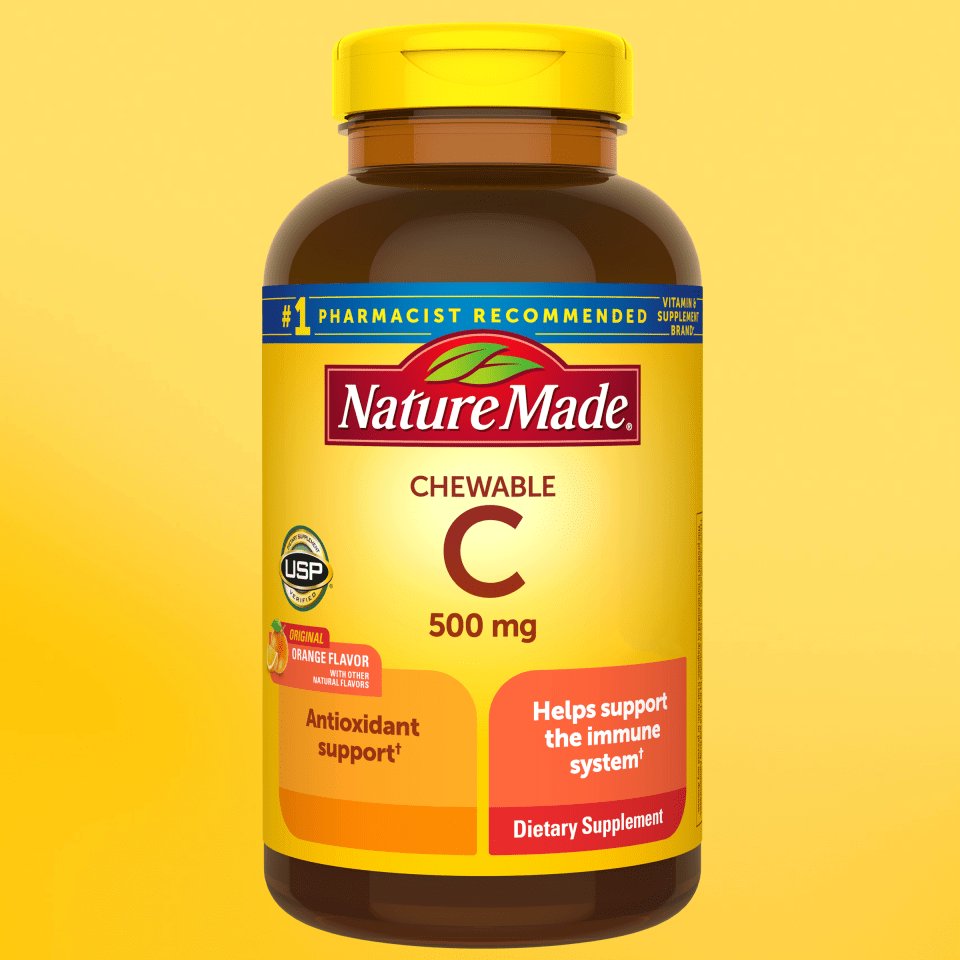
 The idea that vitamin C supplementation can cause kidney stones is not completely baseless, but it does lack context.
The idea that vitamin C supplementation can cause kidney stones is not completely baseless, but it does lack context.
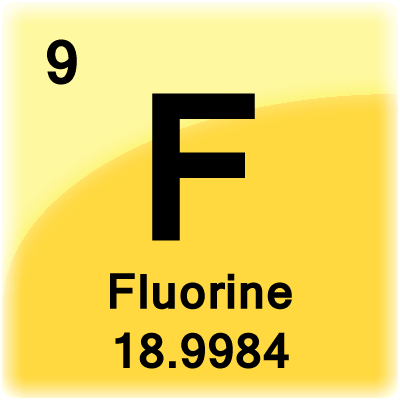

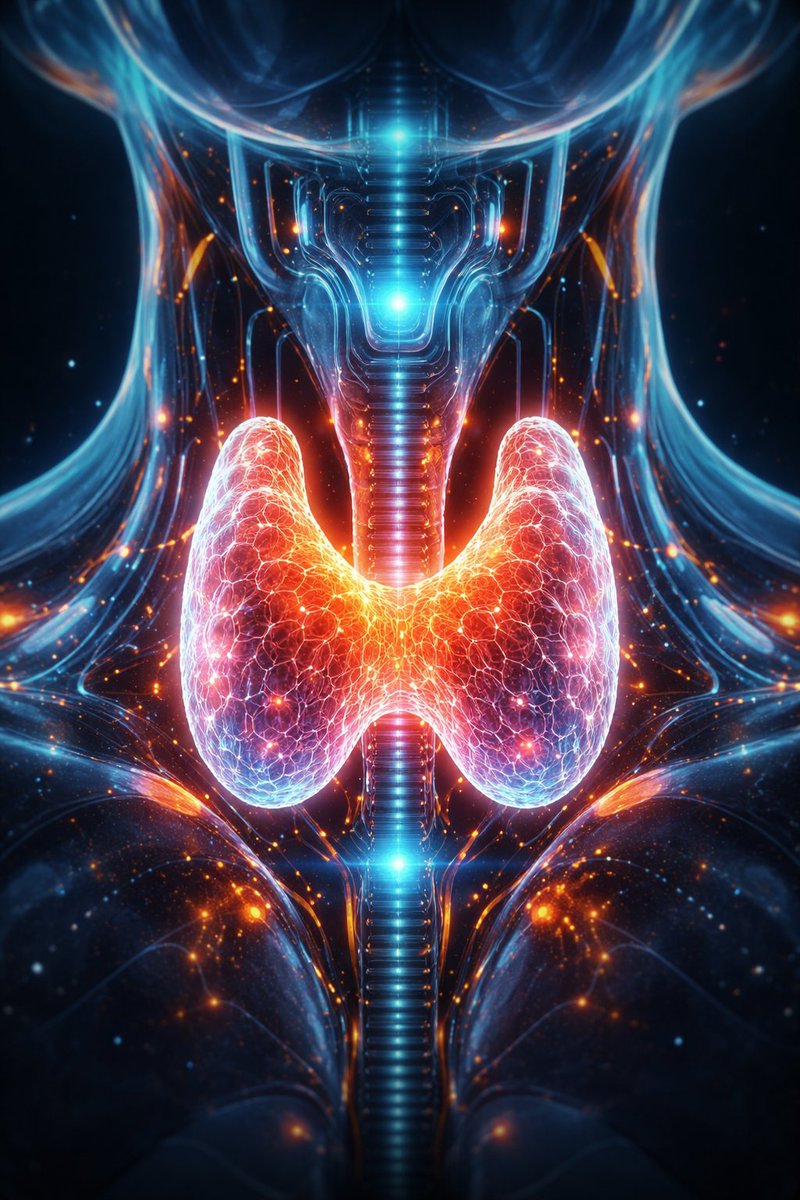 In 2024 a massive review of studies was done on the effects of fluoride exposure and markers of thyroid health.
In 2024 a massive review of studies was done on the effects of fluoride exposure and markers of thyroid health.
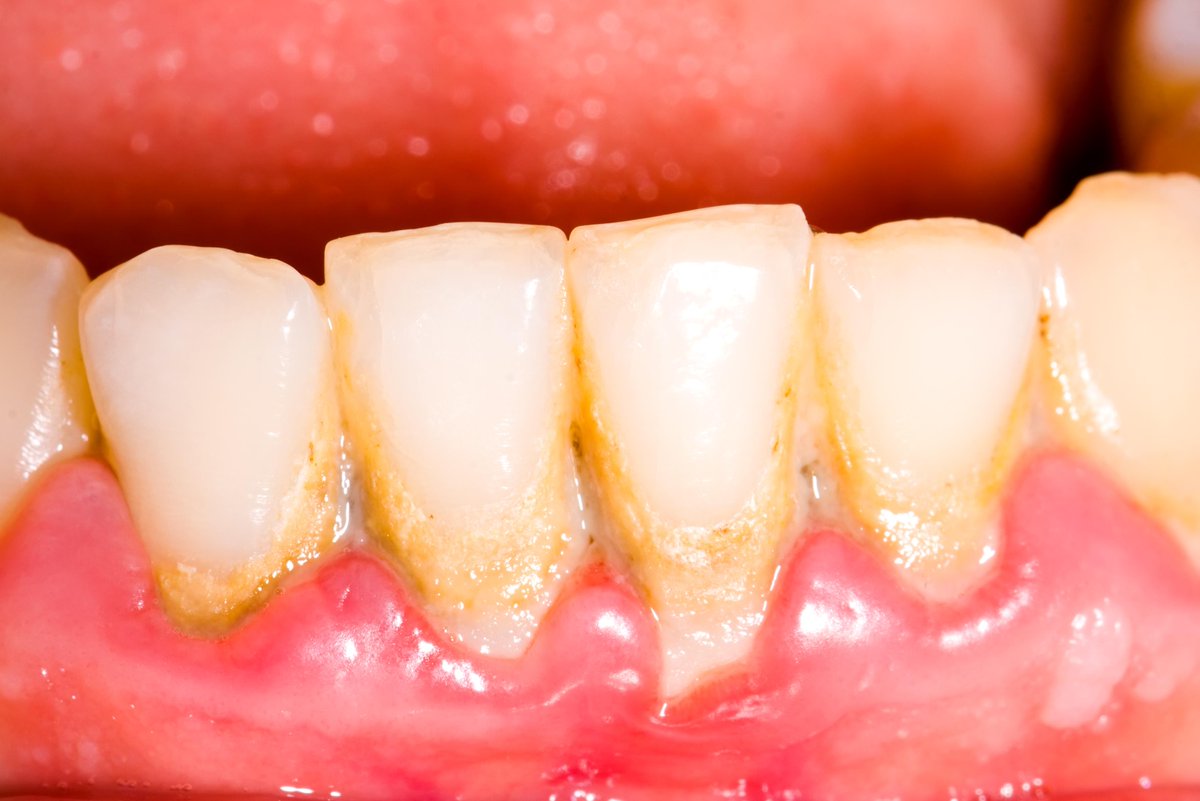
 This paper came out in 2023 in Healthcare.
This paper came out in 2023 in Healthcare.
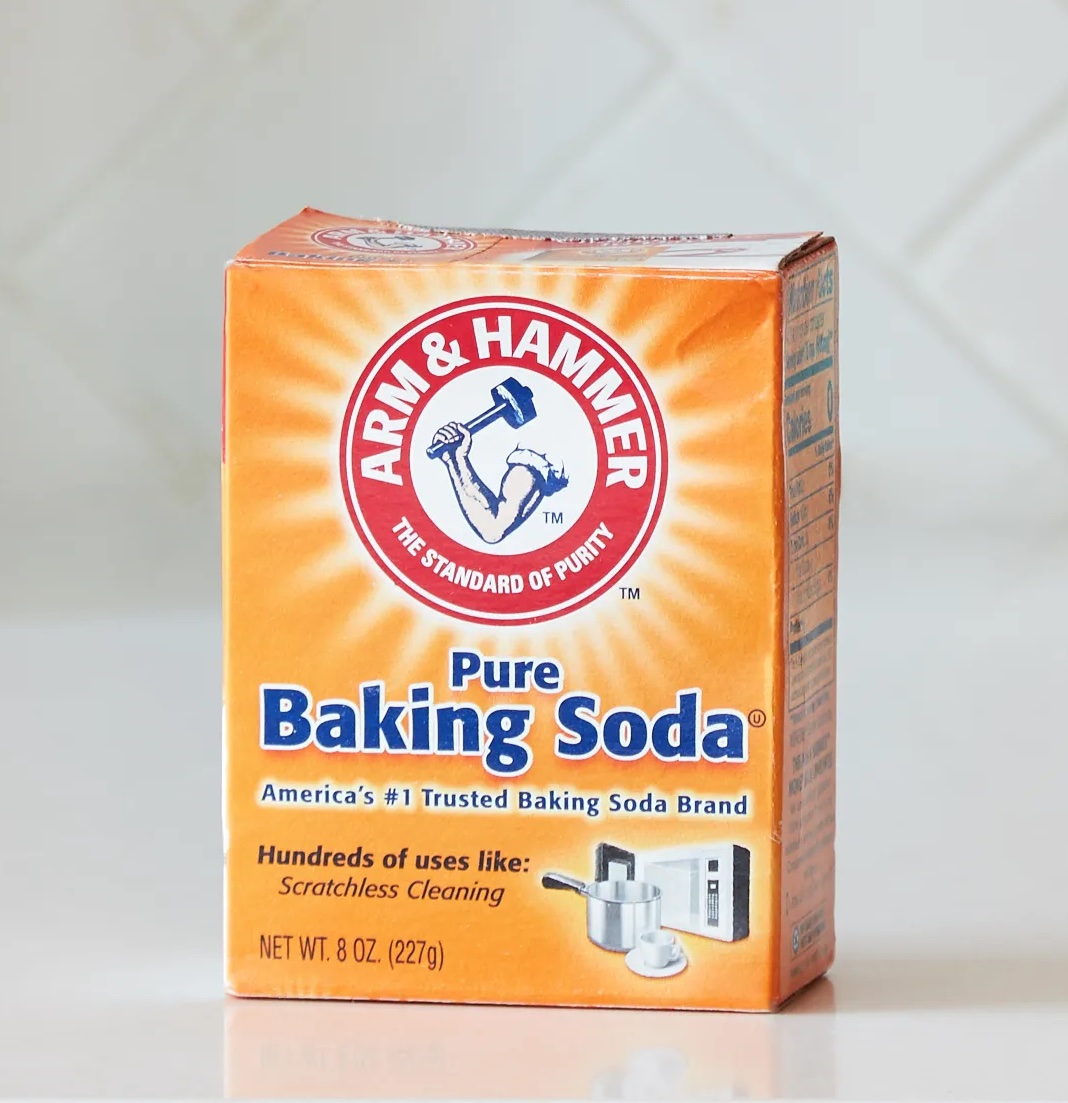
 Study was published in 2018 in The Journal of Immunology.
Study was published in 2018 in The Journal of Immunology.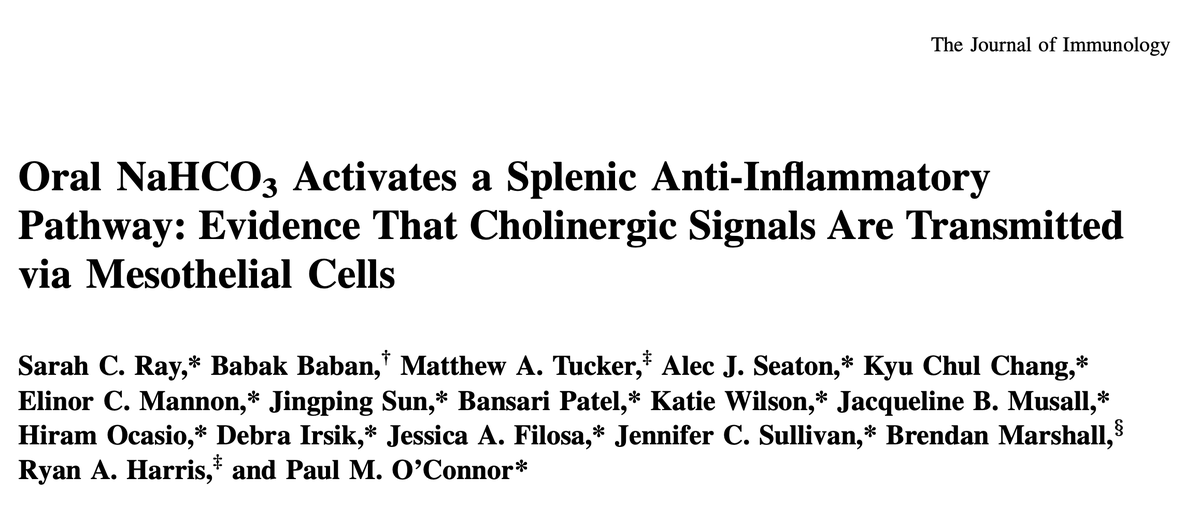

https://x.com/Outdoctrination/status/1931727951797833779
 #1 Humic acids
#1 Humic acids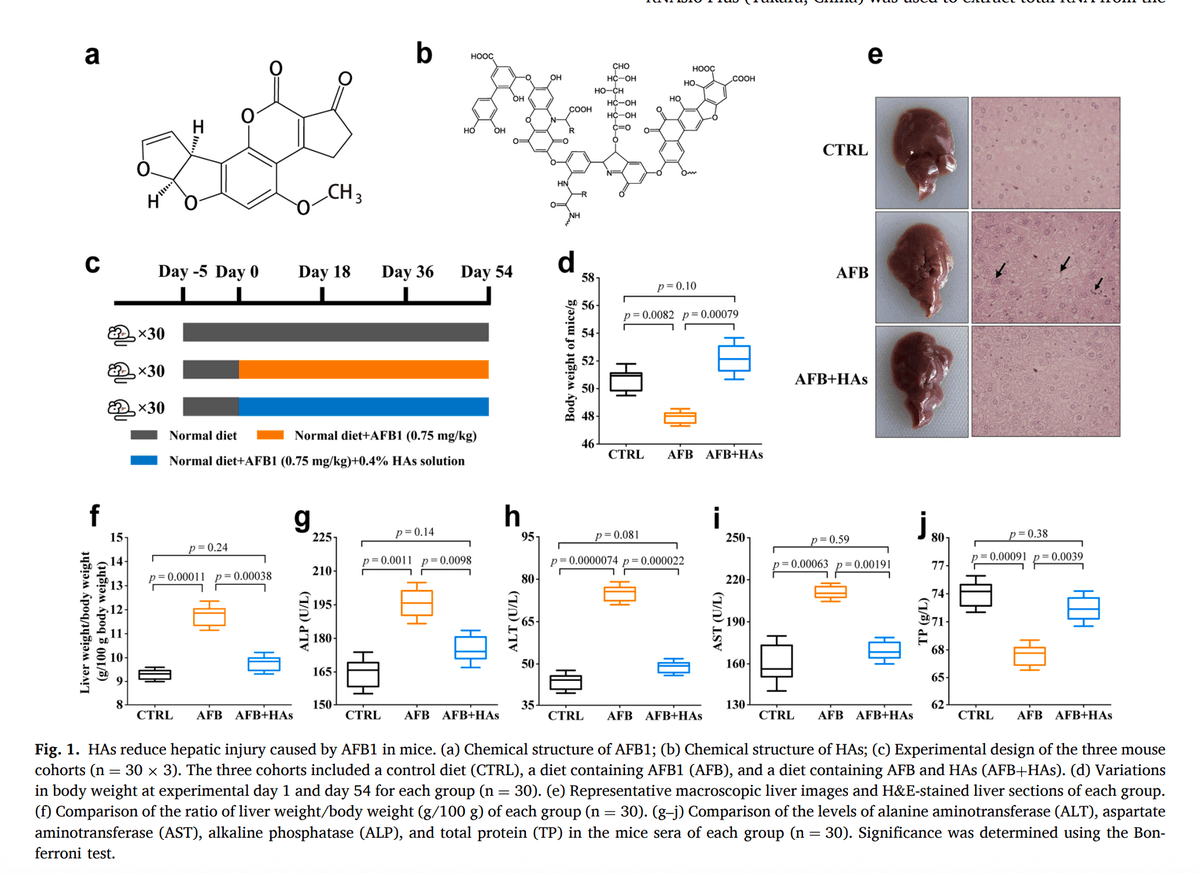
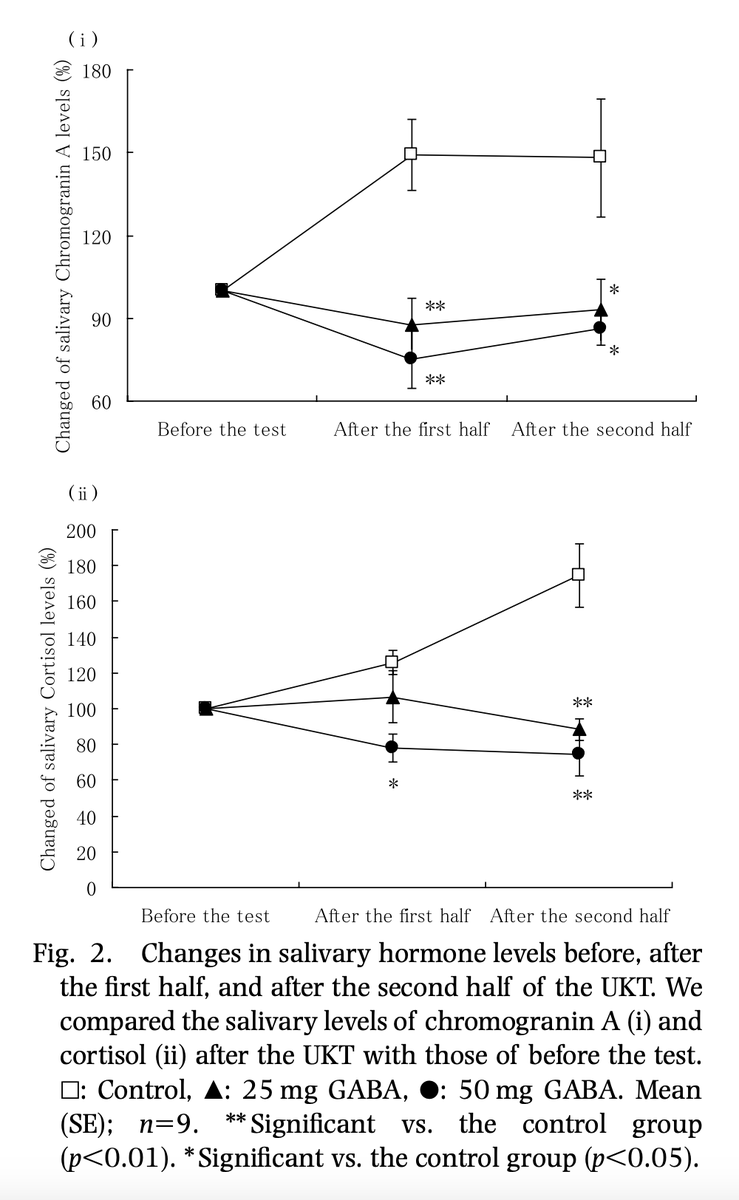
 GABA can suppress cortisol by its action in the brain.
GABA can suppress cortisol by its action in the brain.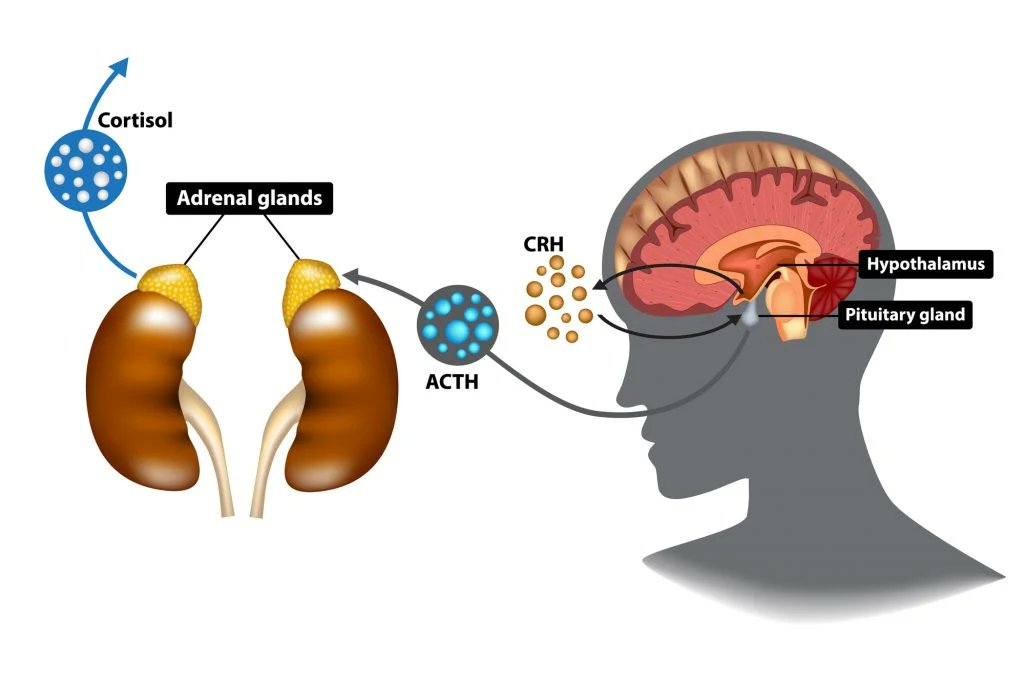
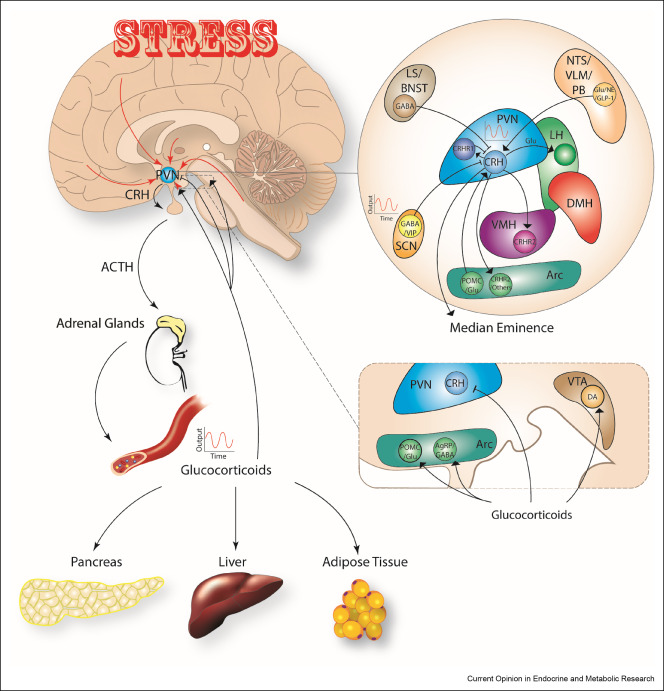
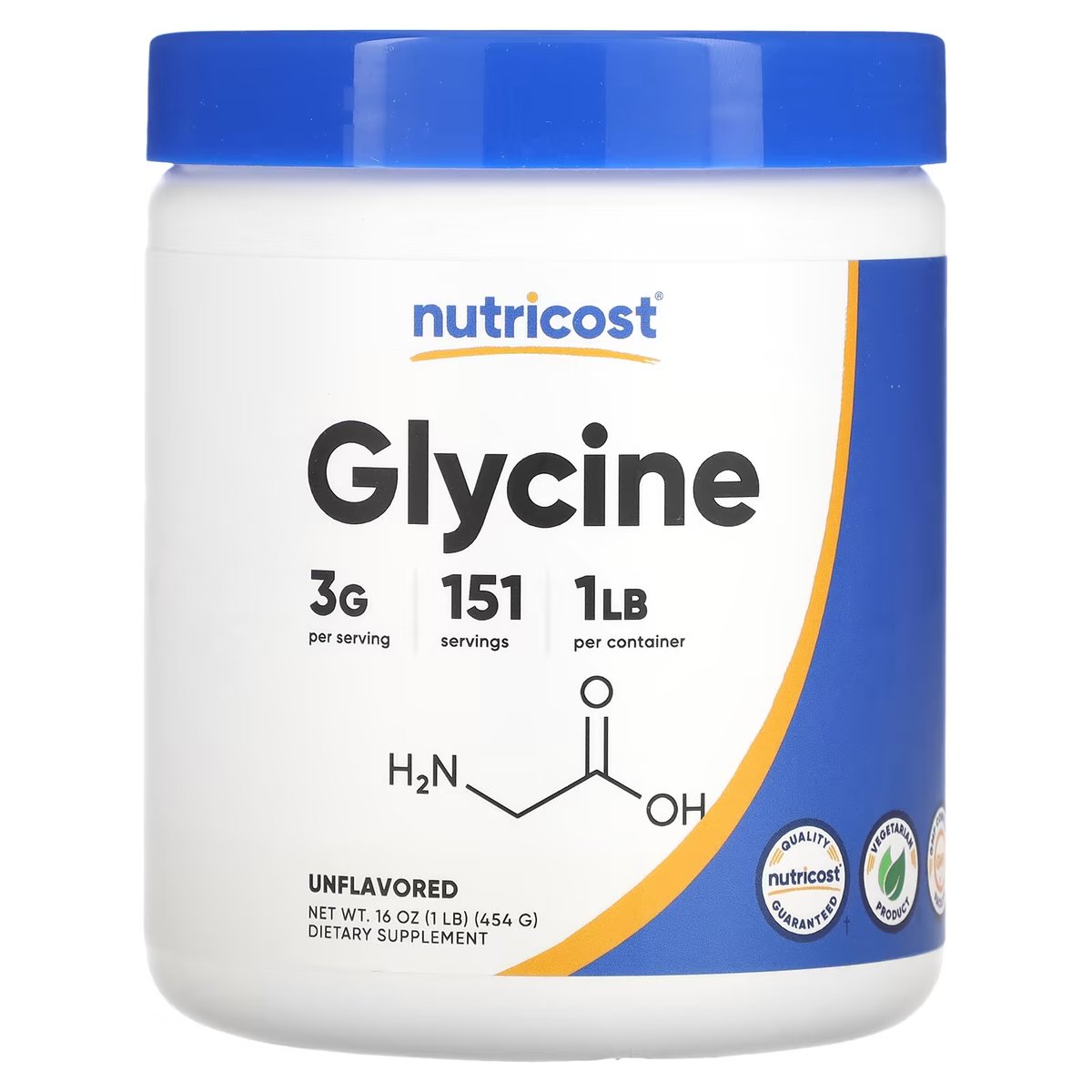
https://x.com/Outdoctrination/status/1952777425932148765
 This first study here was published in 2017 in patients with cystic fibrosis.
This first study here was published in 2017 in patients with cystic fibrosis.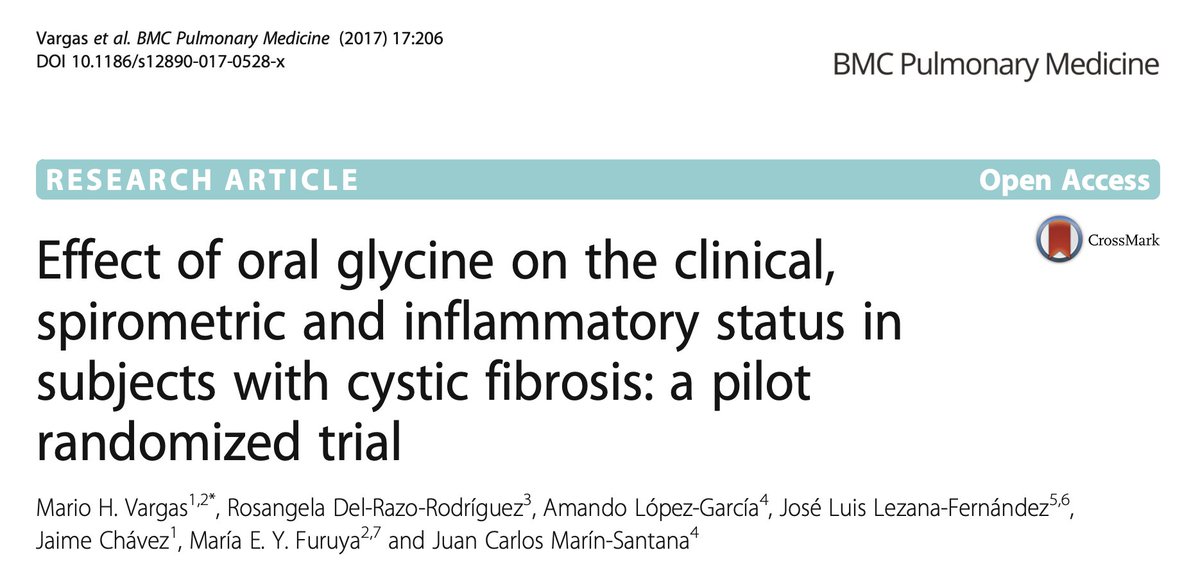
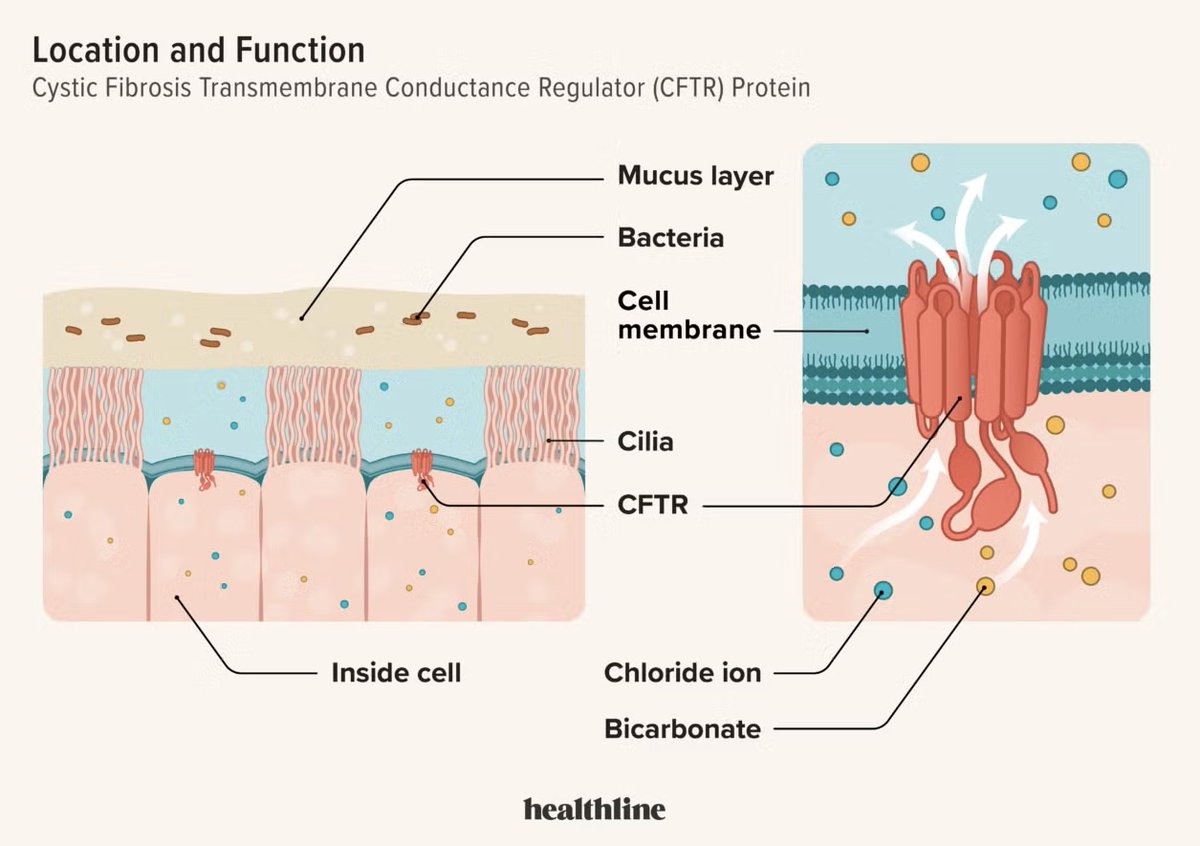
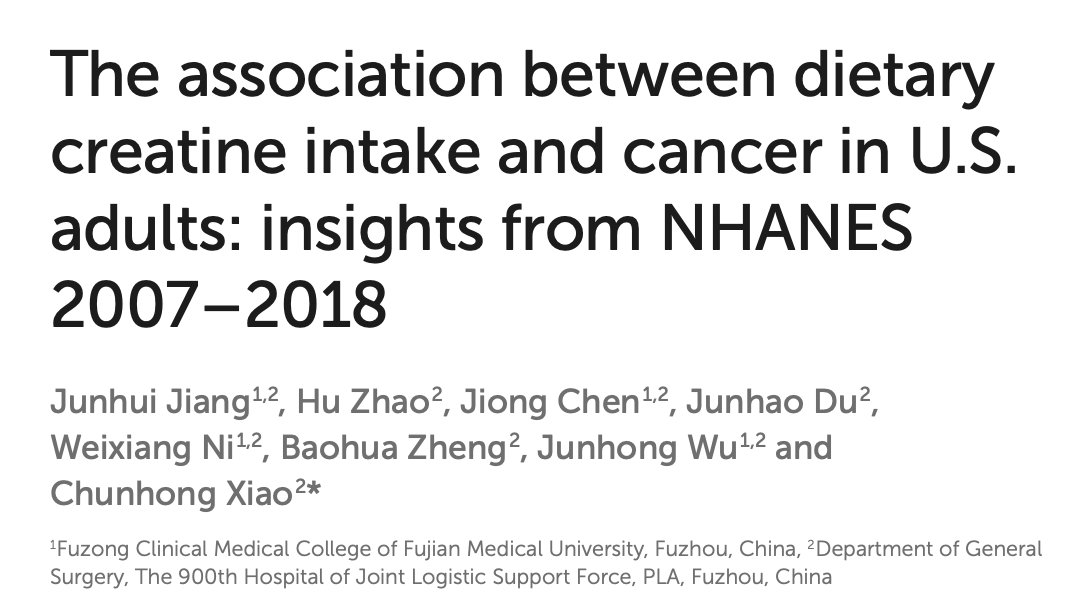
https://x.com/Outdoctrination/status/2015090214188798194
 This study was published early last year in Frontiers in Nutrition.
This study was published early last year in Frontiers in Nutrition.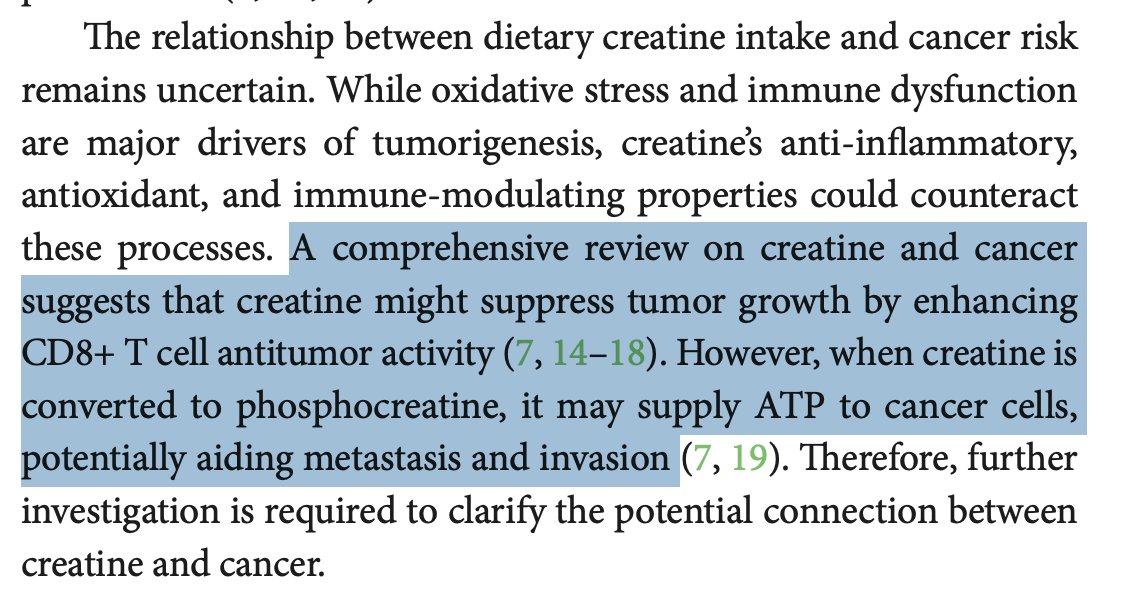
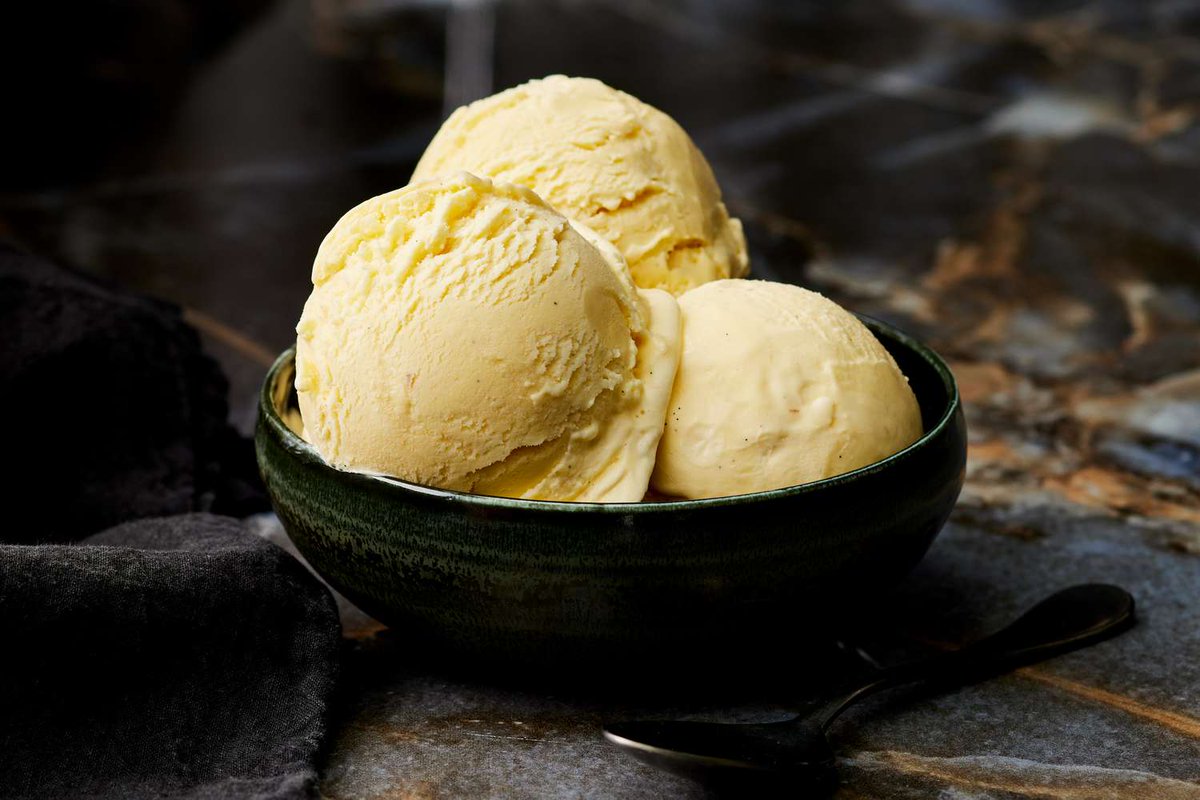
 There was a very highly publicized article that came out in 2018 out of Harvard.
There was a very highly publicized article that came out in 2018 out of Harvard.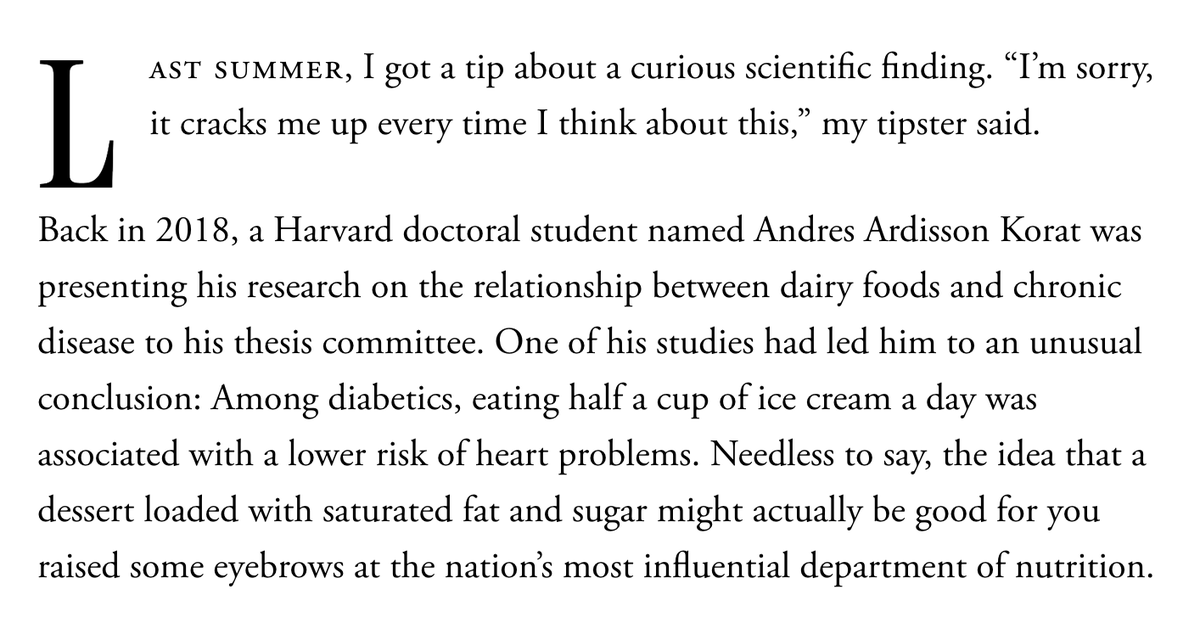
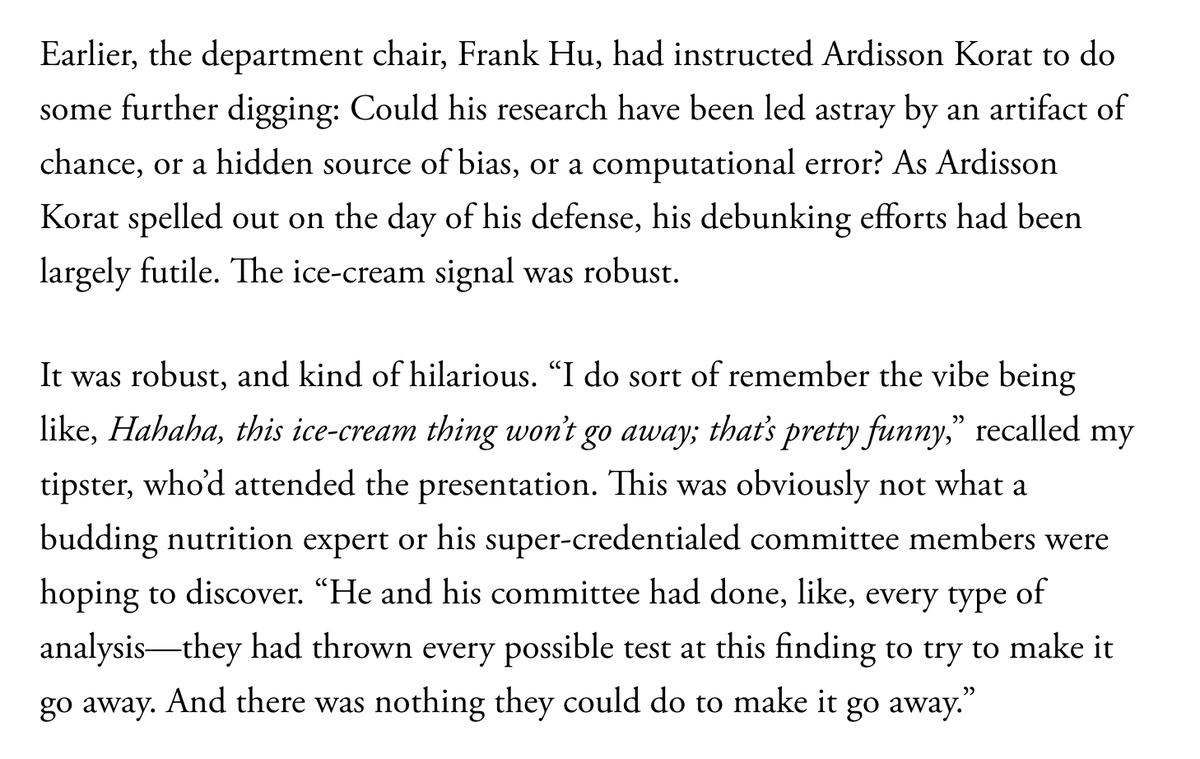
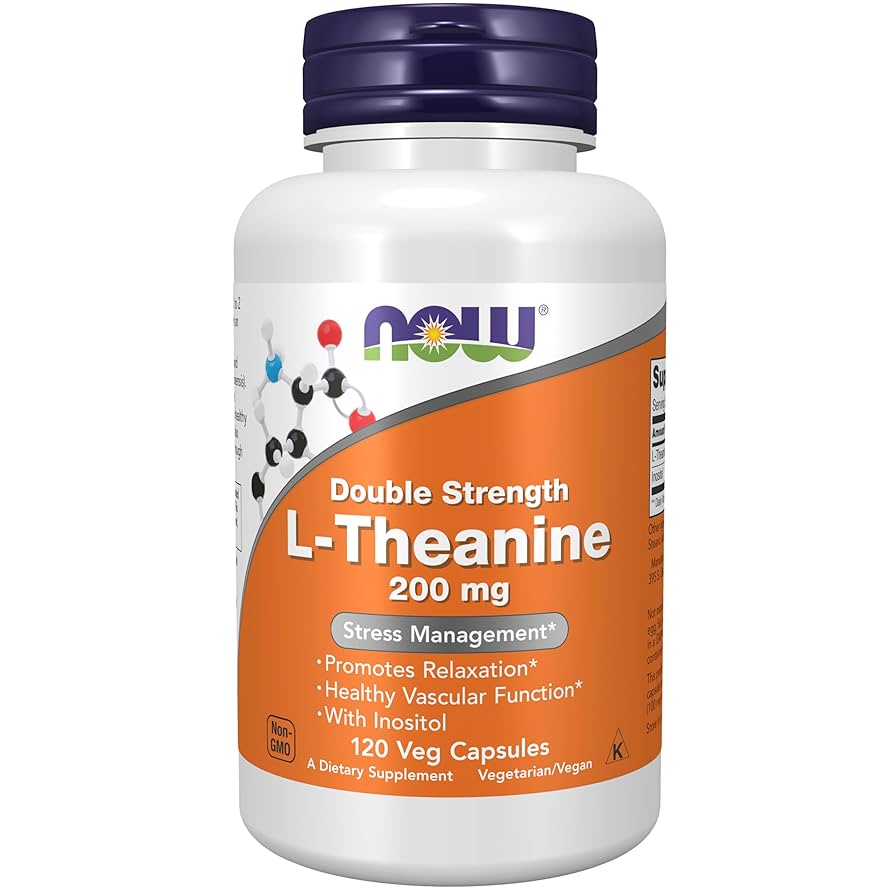

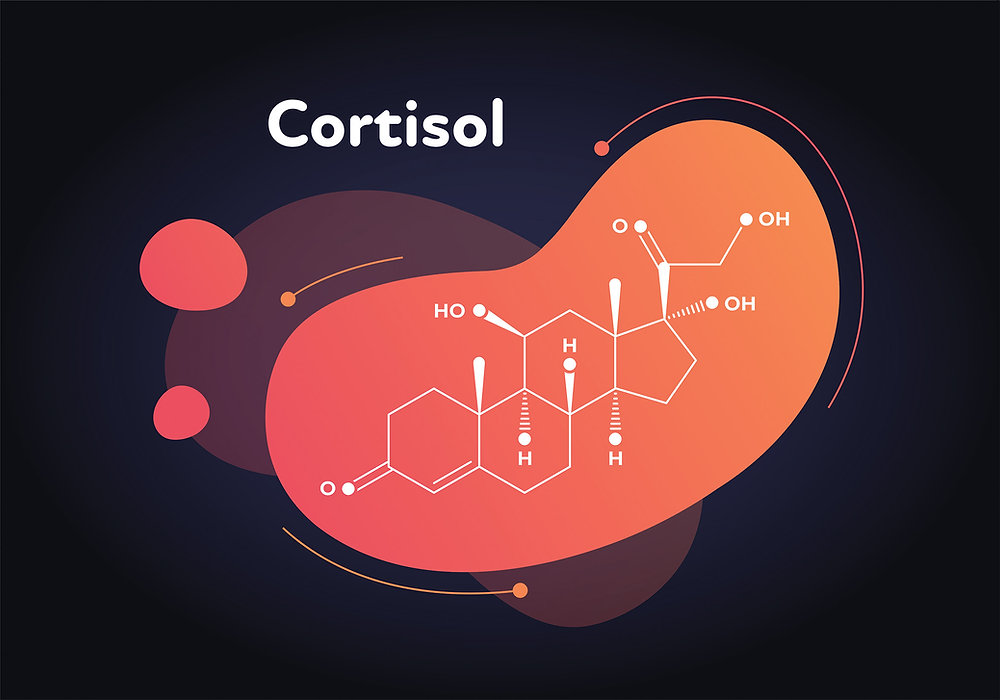 This study was published in 2016, evaluating the anti-stress properties of L-THEANINE.
This study was published in 2016, evaluating the anti-stress properties of L-THEANINE.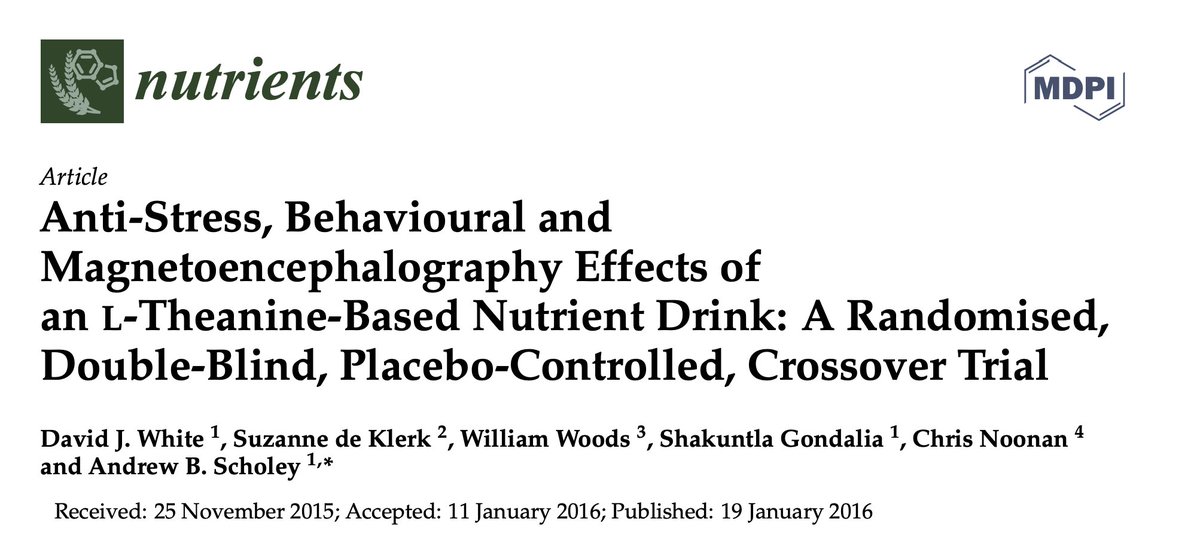
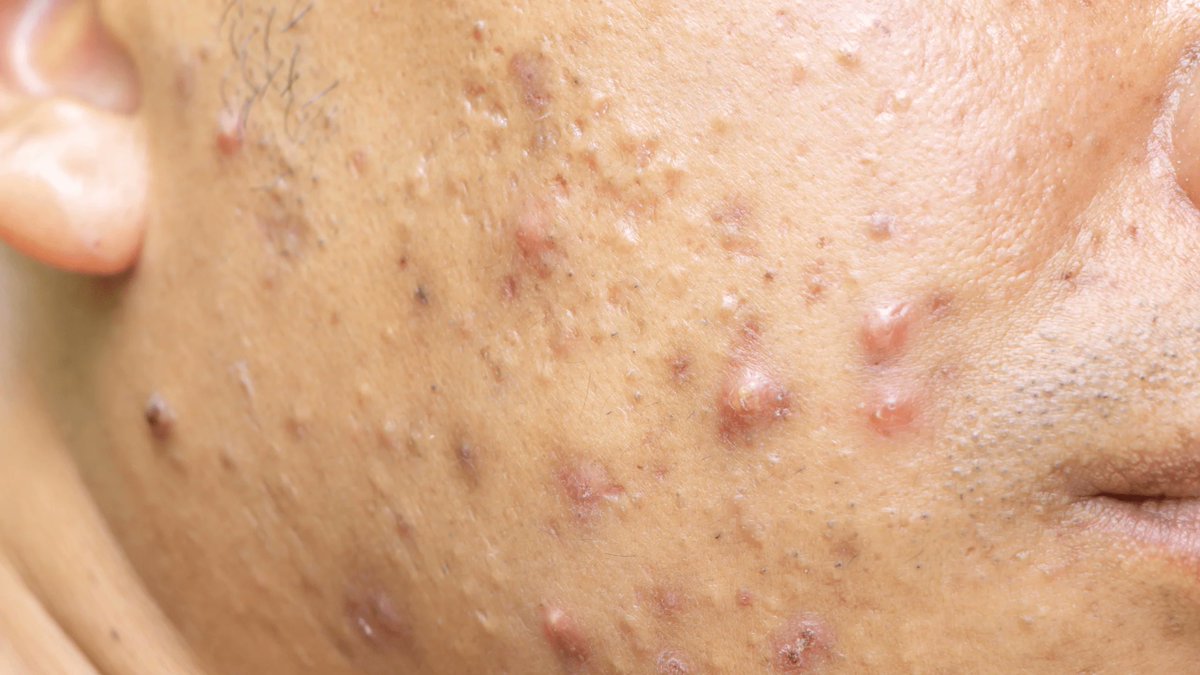
 We must first understand the skin and its structure.
We must first understand the skin and its structure.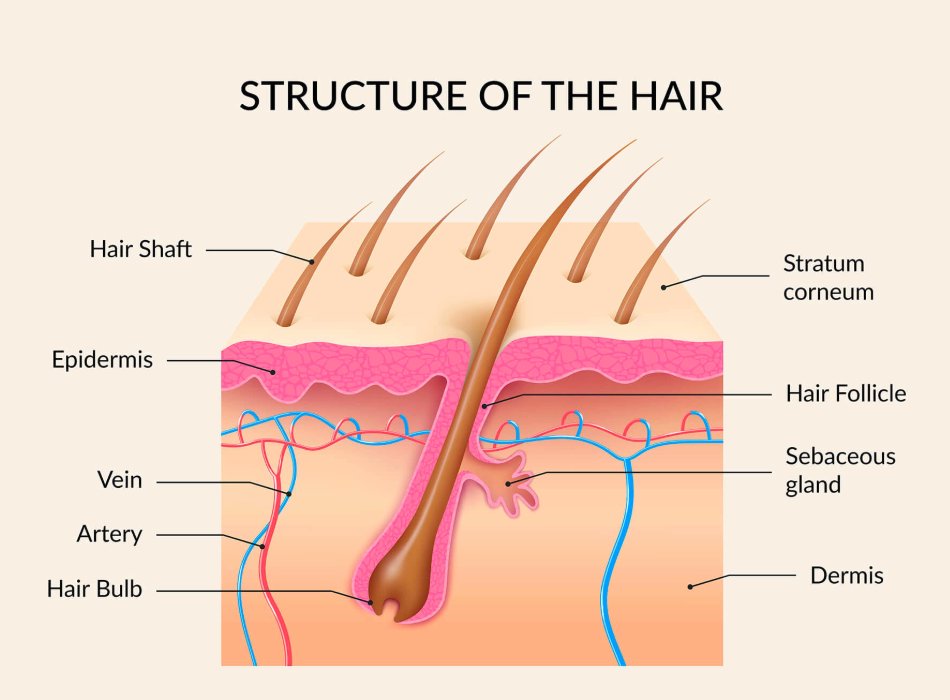

 The vitreous fluid in the eyes is what makes up most of your eyeballs.
The vitreous fluid in the eyes is what makes up most of your eyeballs. 